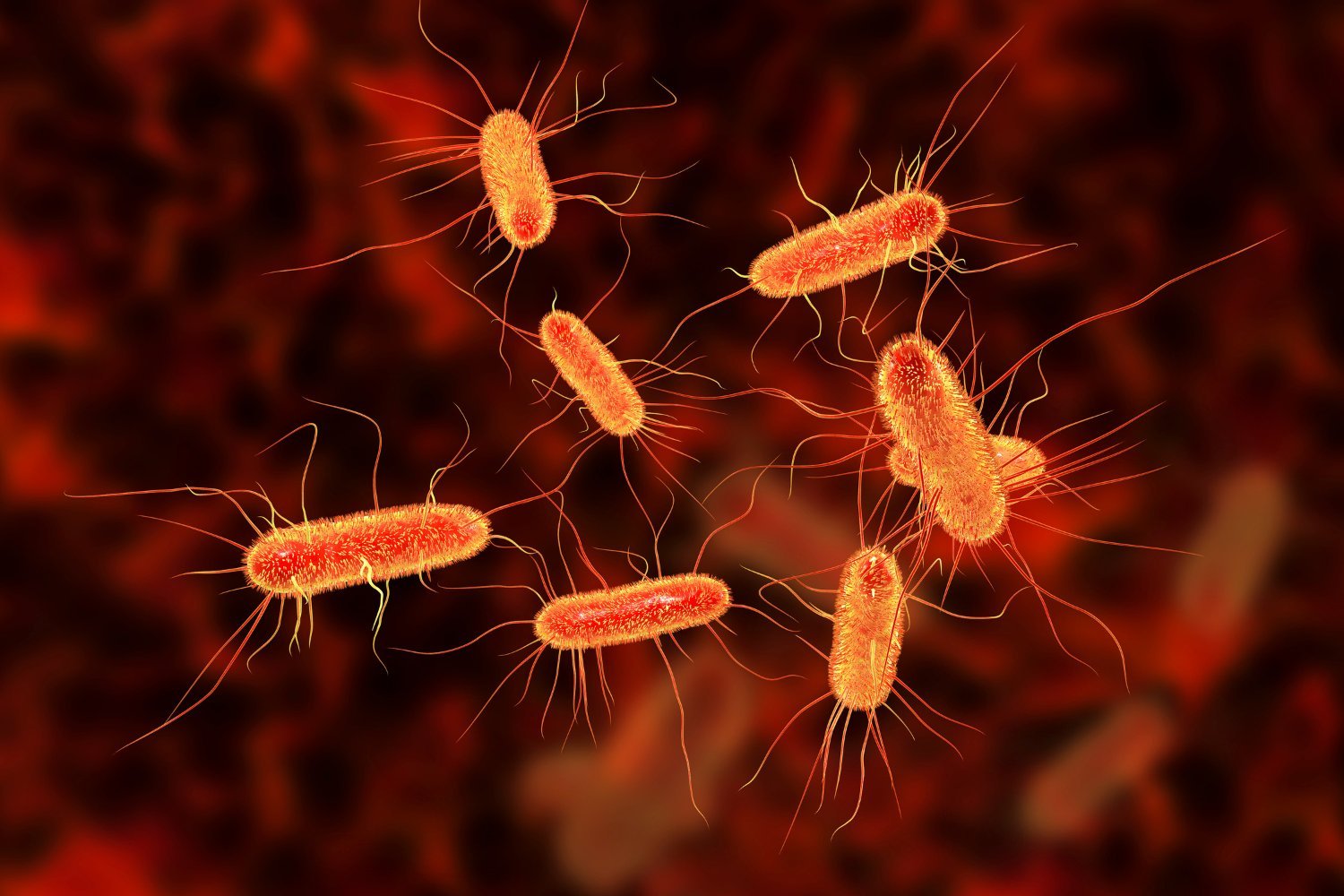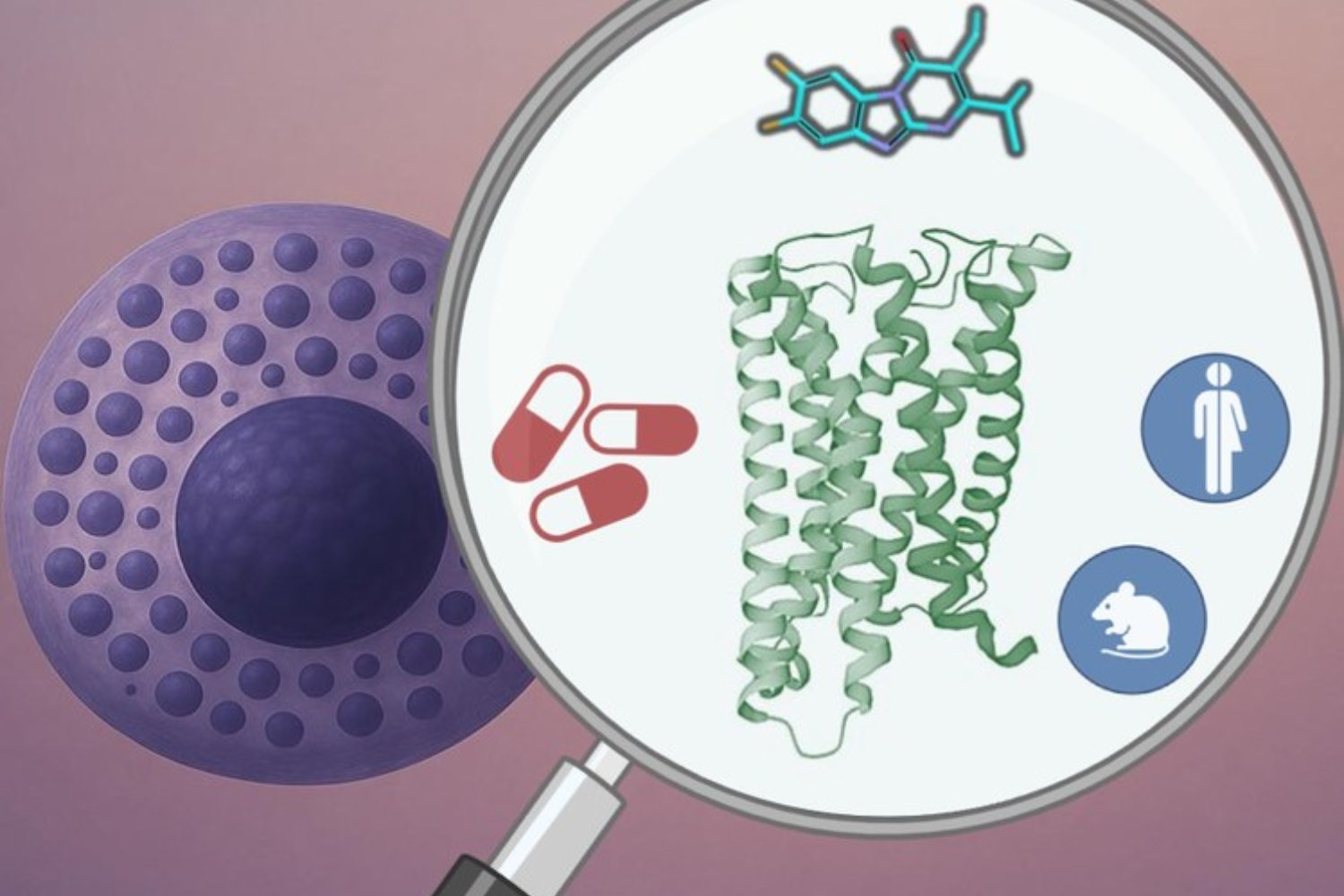A recent study published in Nature suggests a strong link between colibactin, a toxin produced by certain strains of Escherichia coli bacteria, and the increasing rates of early-onset colorectal cancer. This discovery offers a potential explanation for the puzzling rise in colorectal cancer among younger adults.
Colorectal cancer remains a significant health concern. It’s the fourth most common cancer and the second leading cause of cancer-related deaths in the United States, affecting approximately 150,000 individuals and claiming around 50,000 lives annually. While overall rates have been declining, cases among those under 50 have seen a concerning increase of 2.4% per year between 2012 and 2021.
Researchers initially aimed to understand the geographical disparities in colorectal cancer rates. They analyzed genetic signatures from nearly 1,000 colorectal cancer samples worldwide, encompassing both early and late-onset cases. While colibactin’s mutagenic properties and potential link to colorectal cancer were already known, the study revealed a striking correlation between colibactin-related mutations and early-onset cases. These mutations were three times more prevalent in early-onset cancers than in late-onset ones.
Colibactin’s Role in Cancer Development
Further analysis revealed that these mutations often appear early in tumor development, suggesting a crucial role in cancer initiation. Combined with existing research indicating the presence of colibactin-related mutations within the first ten years of life, the study strengthens the hypothesis that this toxin could be a key driver of early-onset colorectal cancer. According to Ludmil Alexandrov, a cancer genomics researcher at UC San Diego, these mutation patterns act as a historical record, implicating early-life exposure to colibactin as a significant factor in the development of early-onset disease.
Environmental Factors and Future Research
While colibactin appears to be a major contributor, the researchers acknowledge that it’s likely part of a more complex picture. The scarcity of colibactin-related mutations in rural areas suggests the involvement of environmental factors, such as diet or antibiotic use, in promoting the growth of colibactin-producing E. coli in the gut. Other exposures may also contribute to the varying cancer rates observed across different regions.
This research opens avenues for future investigations. Exploring the potential of probiotics to eliminate harmful E. coli strains and developing early detection tests for colibactin-related mutations are promising directions. However, continued research and development in this area depend on consistent funding for scientific endeavors.
Conclusion: A Promising Lead in the Fight Against Colorectal Cancer
This study provides compelling evidence linking colibactin to early-onset colorectal cancer. While further research is necessary to fully understand the interplay of environmental factors and other contributors, these findings offer a crucial starting point for developing preventative measures and early detection strategies. Continued research in this area could lead to significant advancements in combating the rising incidence of early-onset colorectal cancer. This includes exploring the potential of probiotics and developing early detection tests for colibactin-related mutations. The future of this research hinges on continued funding and collaborative efforts within the scientific community.











